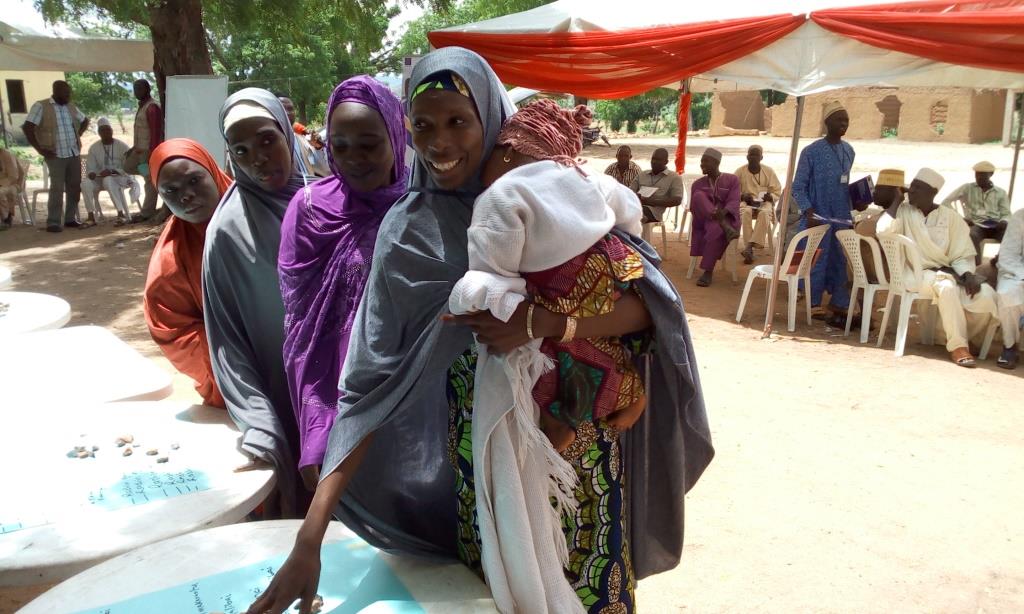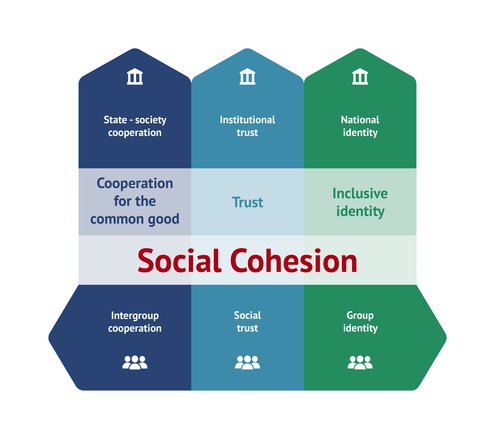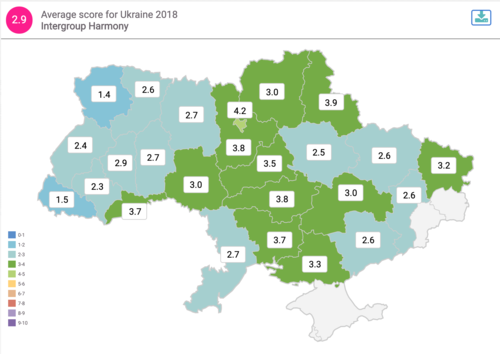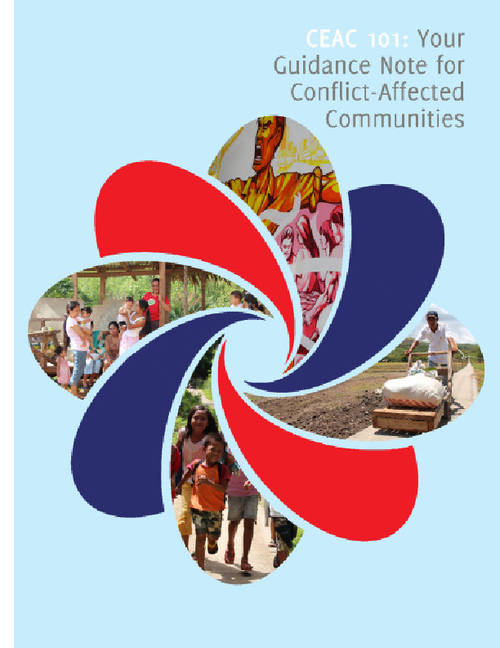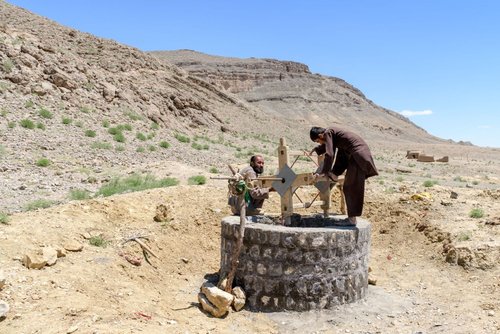Support to Strengthening Resilience in North-East Nigeria
Key facts
Governance and civil society
Human rights
Public administration
Overview
The overall objective of the GIZ implemented programme “Support to Strengthening Resilience in North-East Nigeria” is to contribute to the stabilisation of north-eastern Nigeria through strengthening the resilience of internally displaced persons (IDPs), host communities, returning refugees and the local population affected by Boko Haram insurgency. The programme is funded by the European Union and the German Federal Ministry for Economic Cooperation and Development. It focuses on the two north-eastern States of Borno and Adamawa. Following a holistic approach, the programme targets IDPs and host communities and returning IDPs and local communities in order to avoid the creation of further tensions due to competition over scarce resources. Complementing the humanitarian response to the crisis in the Northeast, the programme goes beyond a humanitarian short-term approach and focuses on a more long-term development perspective by aiming to establish participatory planning and good governance, rehabilitating basic service infrastructure and providing livelihood and educational support.
Below you find outlined the governance unit's approach, while livelihoods and infrastructure measures support this approach by improving basic service infrastructure and general living conditions.
Social Cohesion in the Project Context
Context (project area: Borno and Adamawa States):
Very low basic service delivery
• Widespread poverty and food insecurity
• Boko Haram insurgency since 2009
• 2.3 million internally displaced persons
> Weak relationships, lack of trust, high inequalities
>> Fostering social cohesion is key – focus on:
• Strengthening social relations
• Connectedness
• Focus on the common good
Approach to Strengthening Social Cohesion
Implementation of Community Development Planning (CDP) process by the Governance component of this project (1 out of 4 components); aiming at trust building, joint values, and a common vision for community development. This covers in 10-12 months:
• Dialogue forums between local political and traditional leaders
• Large-scale sensitisation in the communities on civic engagement
• Participatory planning in the communities in CDP Sessions, resulting in development plans
• Set-up and capacity development (CD) of community-based follow-up committees (WPSCs) for the implementation of the plans
• Handover of plans to local and state governments.
• Follow-up to ensure integration into state and local government planning and budgeting.
Achievements and Impacts
• Over 6,200 community members participated in 46 CDP Sessions so far, about 39% of them female participants.
• 46 plans finalised, incl. priorities per sector
• 25 plans handed over to Government and partially integrated into state planning and budget
• “For the first time we freely interacted and discussed with our traditional, religious and political leaders, we shared ideas and experiences, we felt important, special and we realised that there are so many intellectuals in our community.”
• “We had never imagined we can solve our problems ourselves and now turn our community round. We found time in our hearts to forgive each other and stay in peace.“
• WSPCs started fundraising for and implementing their own projects in their communities, e.g. for school furniture or drainage cleaning.
• WPSCs started lobbying for funds from development partners as well as State institutions to implement projects from their respective plans.
Lessons Learnt and Recommendations
• Invest in context-specific research and programming; thoroughly and continuously adapt implementation
• Take your time – incremental changes to socio-economic norms are more durable and sustainable
• Implementation must be participatory – government, CSOs and communities must be included all the way
• Target community gatekeepers and key political actors, but not solely rely on them create community ownership from the go
• Conflict-sensitive and gender-sensitive implementation is key
• Crucial for new projects: allow for flexibility, esp. in crisis contexts
How we measure
Quantitative data collection
• Ward analysis delivers baseline data for CDP Process, incl. attitudinal statements on relationships in the communities, decision-making and sense of belonging
• CDP Follow-up survey at handover of plans to Government for feedback on the CDP session and repetition of the attitudinal questions from baseline
• Survey on follow-up committees’ functionality
> Mixed sampling method (random stratified, cluster and purposive sampling), sample sizes calculated based on population, 95% confidence interval, 5% margin of error
Qualitative data collection
• KOMPASS methodology integrated into annual review (external consulting firm), incl. key informant interviews and focus group discussions
• Observations and monthly reporting from Governance component
Recommendations
• Think about outcome and impact measurement from the beginning of the project
• Operationalise concepts context-specifically
• Go for mixed methods – qualitative methods allow to delve deeper and enable triangulation!
• Control for bias
• Allocate sufficient time and resources for M&E
• Integrate M&E in project implementation/management
• Find your balance between pragmatism/practicability and scientific standards
